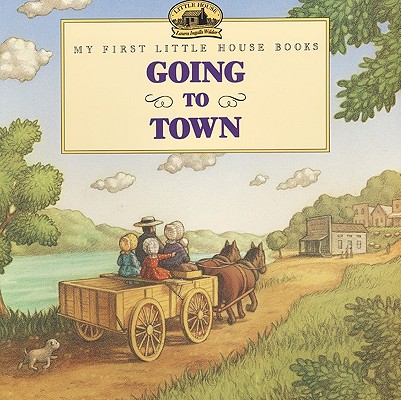
description
raordinary work not only recorded and explained history--it helped alter its course. Written after Du Bois had earned his Ph.D. from Harvard and studied in Berlin, these fourteen essays contain both the academic language of sociology and the rich lyricism of African spirituals, which Du Bois called "sorrow songs." Often revealingly autobiographical, DuBois explores topics as diverse as the death of his infant son and the politics of Booker T. Washington. In every essay, he shows the consequences of both a political color line and an internal one, as he grapples with the contradictions of being black and being American. One of our country's most influential books, The Souls of Black Folk reflects the mind of a visionary who inspired generations of readers to remember the past, question the status quo, and fight for a just tomorrow. With an Introduction by Randall Kenan
and an Afterword by Cheryl Townsend Gilkes
and an Afterword by Cheryl Townsend Gilkes
member goods
No member items were found under this heading.
listens & views

DRUMMING & CHANTING IN GOD'S ...
by DRUMMING AND CHANTING IN GOD'S OWN COUNTRY / VARIOUS
COMPACT DISCout of stock
$16.49
Return Policy
All sales are final
Shipping
No special shipping considerations available.
Shipping fees determined at checkout.






